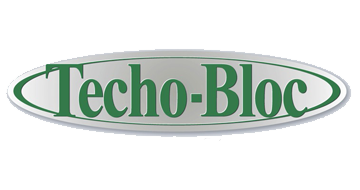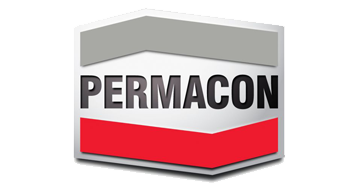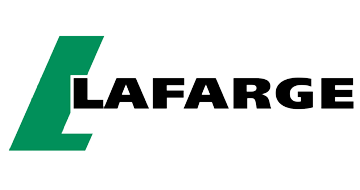How To Choose The Right Material For A Driveway
Choosing the right material for your driveway is a crucial decision that impacts your home’s curb appeal, durability, and maintenance. With various options available, it’s essential to consider factors like aesthetics, durability, and climate suitability. This guide will help you make an informed decision by exploring different driveway materials, their pros and cons, and other key considerations.
Choosing Permeable Vs. Impermeable Surfaces
One of the first decisions in selecting a driveway material is choosing between permeable and impermeable surfaces. Permeable surfaces, like gravel or permeable pavers, allow water to pass through, reducing runoff and contributing to sustainable drainage. These materials are particularly beneficial in areas with heavy rainfall; they help prevent waterlogging and erosion. Permeable options are also environmentally friendly, promoting natural groundwater recharge.
On the other hand, impermeable surfaces, such as asphalt and concrete driveways, do not allow water penetration. While these materials offer a solid and durable surface, they can contribute to water runoff issues and require proper drainage systems. In some regions, local regulations may require permeable paving solutions to address environmental concerns.
Concrete Driveways
Concrete is one of the most popular driveway materials due to its durability and versatility. It can be poured and finished in various textures and colours, offering a range of design options. Concrete driveways require professional installation to ensure proper curing and avoid cracks. While concrete is a low-maintenance option, it may require occasional cleaning and sealing to maintain its appearance.
Asphalt Driveways
Asphalt driveways are another common choice, known for their affordability and smooth finish. They provide good traction, making them ideal for regions with snow and ice. However, asphalt requires regular maintenance, including sealing every few years to prevent cracks and deterioration. It’s also susceptible to damage from extreme heat, which can soften the surface.
Gravel Driveways
Gravel driveways are an economical and easily replaced option, especially for long driveways. They offer good drainage and are available in various colours and sizes. Gravel is a low-maintenance driveway material, but it requires periodic raking to maintain a flat surface and prevent weeds. It’s also important to consider that gravel can shift and scatter, requiring more frequent upkeep.
Paver Driveways
Paver driveways, made from concrete blocks, natural stone, or brick, offer a unique and attractive appearance. They are durable and can be arranged in various patterns, providing a custom look. Pavers are an excellent choice for those seeking a high-end finish with colour options. They are permeable, reducing runoff, and can be easily replaced if damaged. However, they require proper maintenance to prevent weed growth between the joints.
Other Options
Other materials include stamped concrete, which mimics the appearance of stone or brick, and crushed stone for a more rustic look. These materials can provide a durable surface with proper maintenance but may have higher initial costs.
Preparation and Sub-Base
Proper preparation and a strong sub-base are essential for a long-lasting driveway. The sub-base is the layer of material underneath the driveway surface that provides stability and support. A well-prepared sub-base prevents shifting and cracking, ensuring the driveway can withstand heavy loads and extreme weather conditions.
The preparation process typically involves excavating the area, laying down a geotextile fabric, and adding a layer of crushed stone or gravel. This foundation layer is compacted to create a stable base, which is crucial for preventing issues like potholes and uneven surfaces. Whether you choose asphalt, concrete, or any other material, investing in a solid sub-base is key to the longevity of your driveway.







